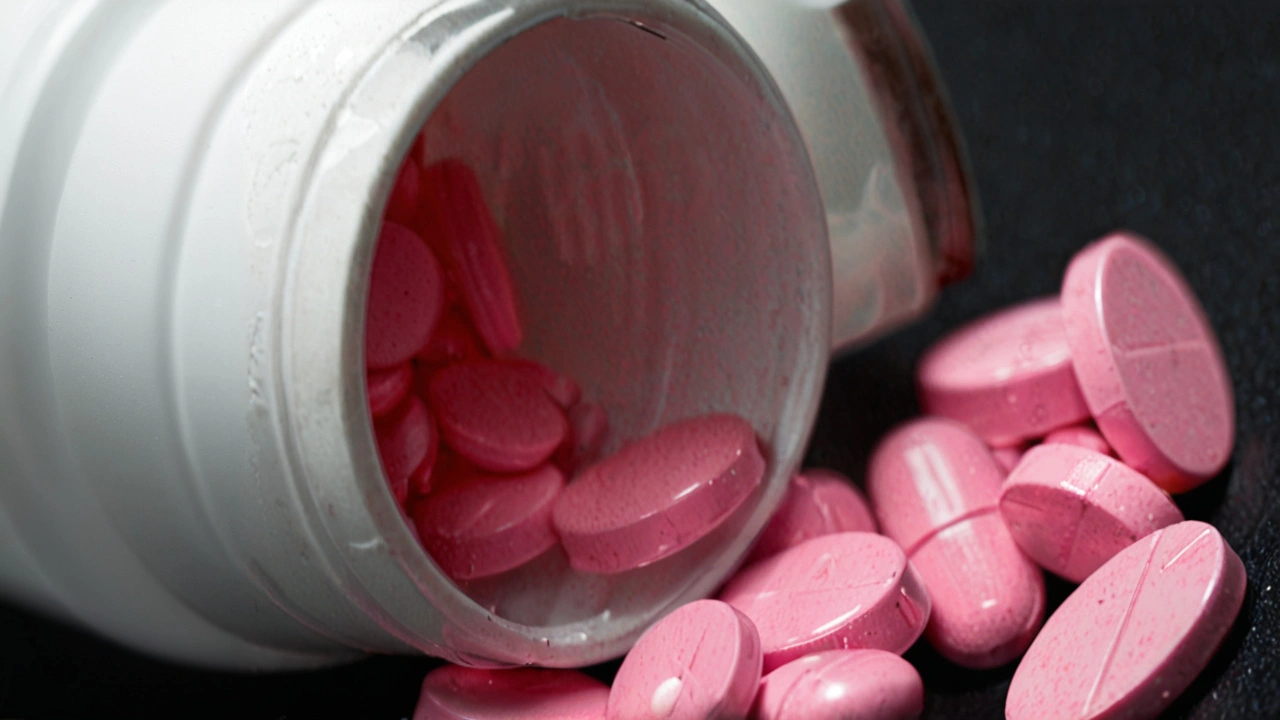July 2024: Antidepressants for Mild Depression — What the New Research Means
A new JAMA study looked at whether antidepressants really help people with mild depression. Researchers pooled six clinical trials with just over 2,000 patients and found that, on average, the benefit of antidepressants was small and often outweighed by side effects. That doesn’t mean medications never help, but the study raises real questions about prescribing them automatically for mild symptoms.
The trials showed small improvements in mood scores for patients taking medication, but side effects like nausea, sexual problems, and sleep issues were common. For someone with only mild symptoms, those downsides can matter a lot. The researchers suggest considering other treatments first and reserving meds for moderate to severe depression or when other options fail.
So what should you do if you have mild depression? First, talk openly with your clinician about symptom severity, expectations, and risks. Ask whether a short trial of psychotherapy could be an option and how your clinician would monitor progress. Cognitive behavioral therapy (CBT) and other talking therapies have strong evidence and no medication side effects.
Lifestyle changes are powerful too. Regular exercise, steady sleep, reduced alcohol, and improved social routines often help mild depression and can boost the effect of therapy. Simple steps like a daily 20–30 minute walk, a regular bedtime, and cutting back on late-night screen time can move the needle.
If you’re already on an antidepressant and worry about its benefit, don’t stop suddenly. Talk with your prescriber about tapering plans that reduce withdrawal risk and watch for symptom changes. If you start therapy or lifestyle work, set clear check points—say four to eight weeks—to see if things are improving before making big changes.
Clinicians should screen for severity and discuss alternatives. For mild cases, watchful waiting with regular follow-up, referral to therapy, and support for lifestyle changes can be a good plan. For moderate to severe depression, or when there’s risk of self-harm, medication remains an important tool.
This July entry highlights a shift in thinking: medications are not always the first answer for mild depression. Use the study to ask better questions, explore therapy and lifestyle steps, and make choices that match your situation. Read the original JAMA report with your clinician if you want the full details.
Here are practical questions to bring to your next visit: How severe do you think my depression is? What are the likely benefits and side effects of medication for my case? Can we try therapy first and check progress in six weeks? If medication is started, how will we measure response and when would we adjust the plan? Are there local therapists or digital therapy options you recommend? What should I watch for that means my symptoms are getting worse and I need urgent help? Keep a simple mood and sleep diary for two weeks before the appointment — it makes conversations clearer and helps decisions.
You deserve clear answers and a plan that fits your life. Ask questions freely.
New Research Questions Antidepressant Efficacy for Mild Depression: Alternative Treatments Highlighted
A recent study in JAMA suggests antidepressants may offer minimal benefits for mild depression compared to their side effects. The data from six clinical trials involving over 2,000 patients revealed the need for alternative treatments like psychotherapy and lifestyle changes, challenging current prescription practices.

